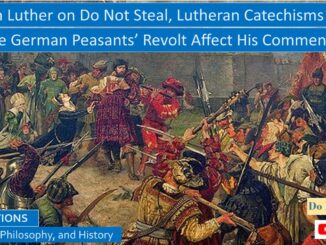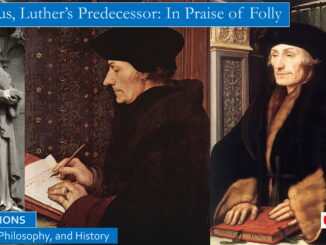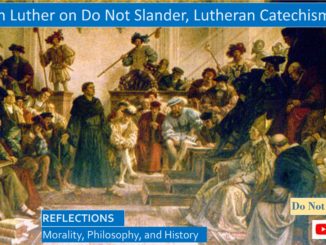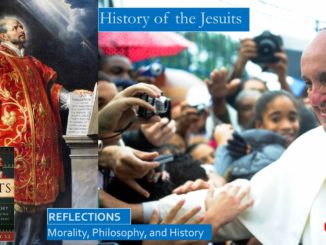The Jesuits shares with the medieval orders the vows of poverty, chastity, and obedience, but in addition the Jesuits take a fourth vow. O’Malley emphasizes this fourth vow is not a vow of loyalty to the pope, as many think it, but rather the fourth vow is a vow to go on “mission anywhere in the world, to be ready to travel among the Turks, or to the New World, or to the Lutherans, or to any others whether infidels or faithful.” They looked to the pope to send them out on mission, or to the superior general of the Jesuit order. The Jesuits also differed from the older religious orders in that they did not wear a distinctive habit, they did not give up their family name, and they were not be required to meet for group prayer several times a day.
The Jesuits started a modern ministry, the RETREAT, based on Loyola’s major work, the Spiritual Exercises. Weekend retreats today are common, Jesuit retreats can be longer, and are times of self-reflection similar to Loyola’s time of self-reflection when he asked for God’s guidance. Many in the sixteenth century criticized these retreats for under emphasizing the sacramental and penitential life and over emphasizing the direct communication of the individual believer with God, which many felt was a false mysticism. Indeed, Loyola’s Constitutions, the rule for Jesuits, does not prescribe penances or austerities for the brothers. […]




